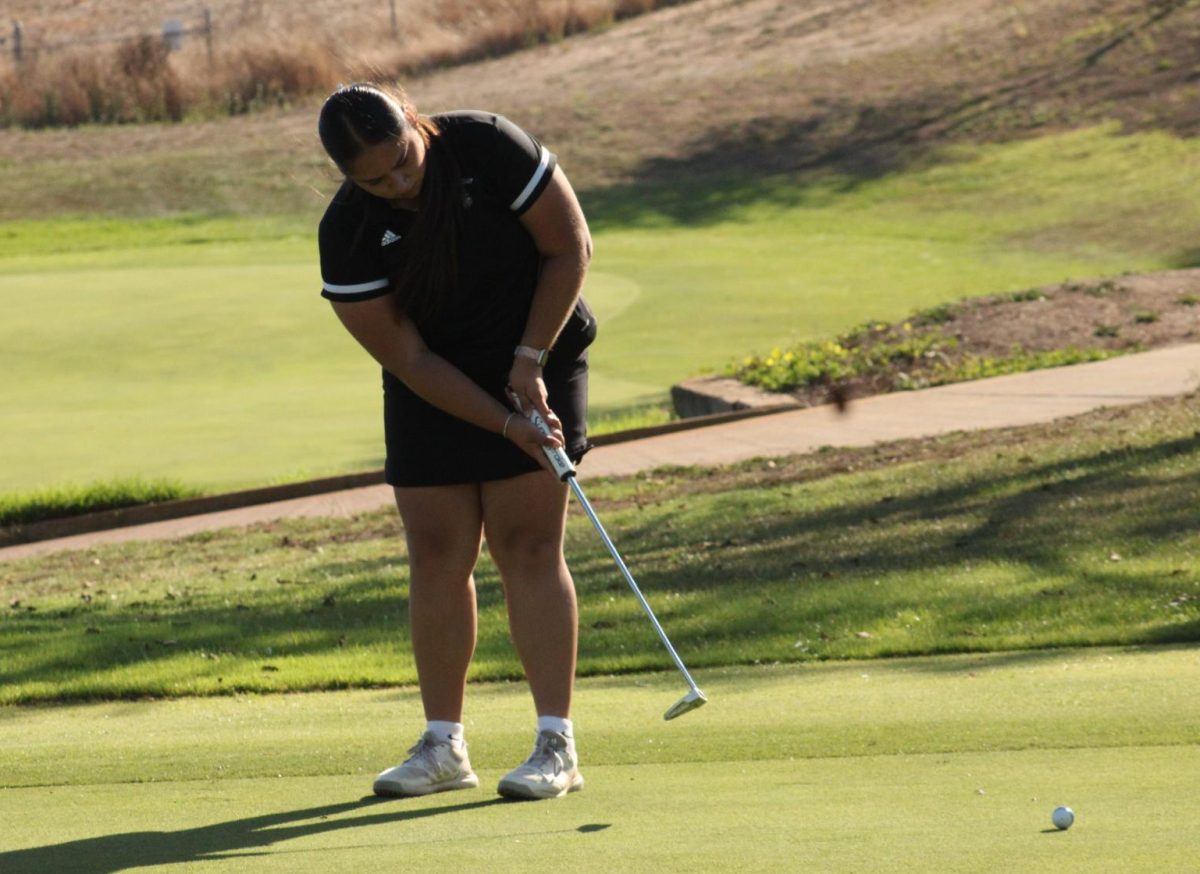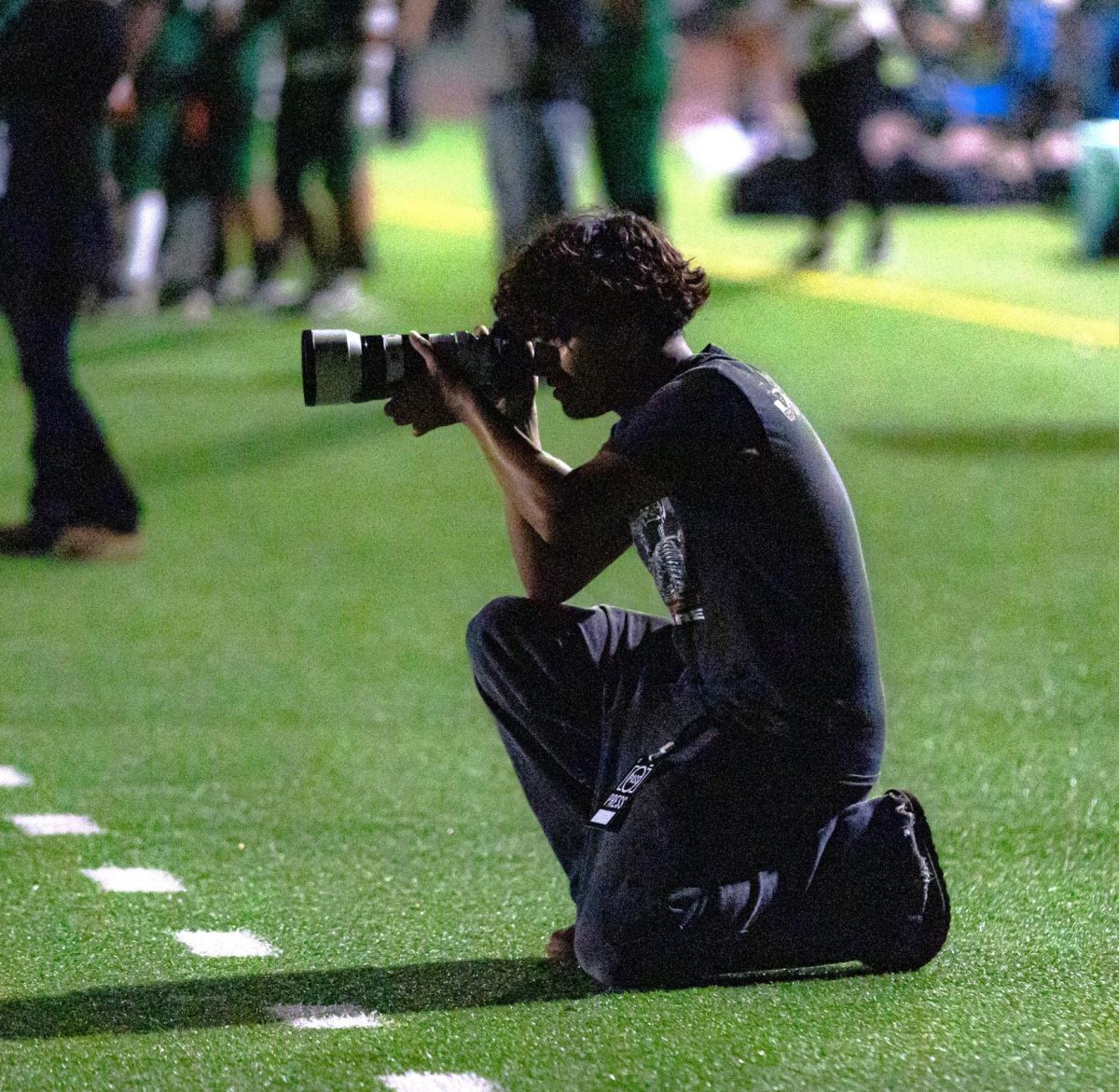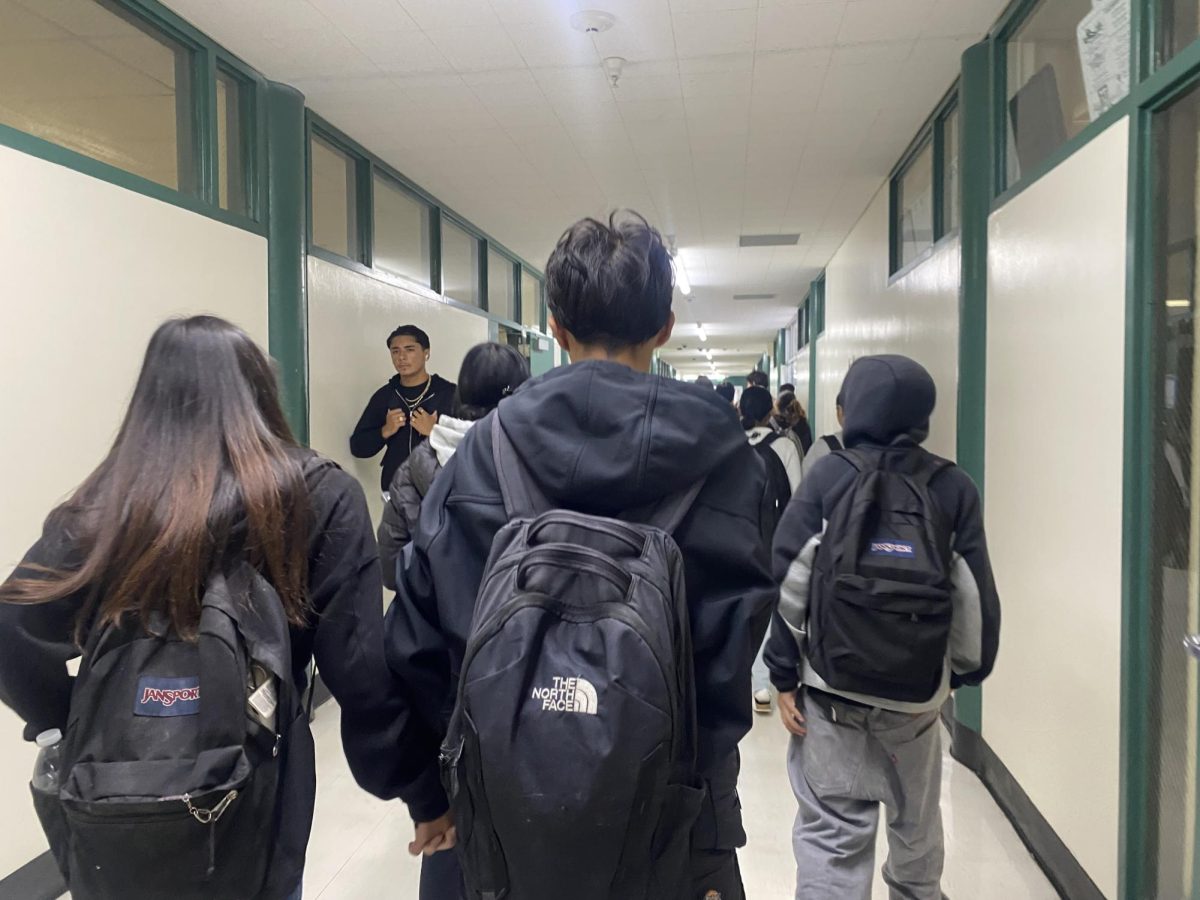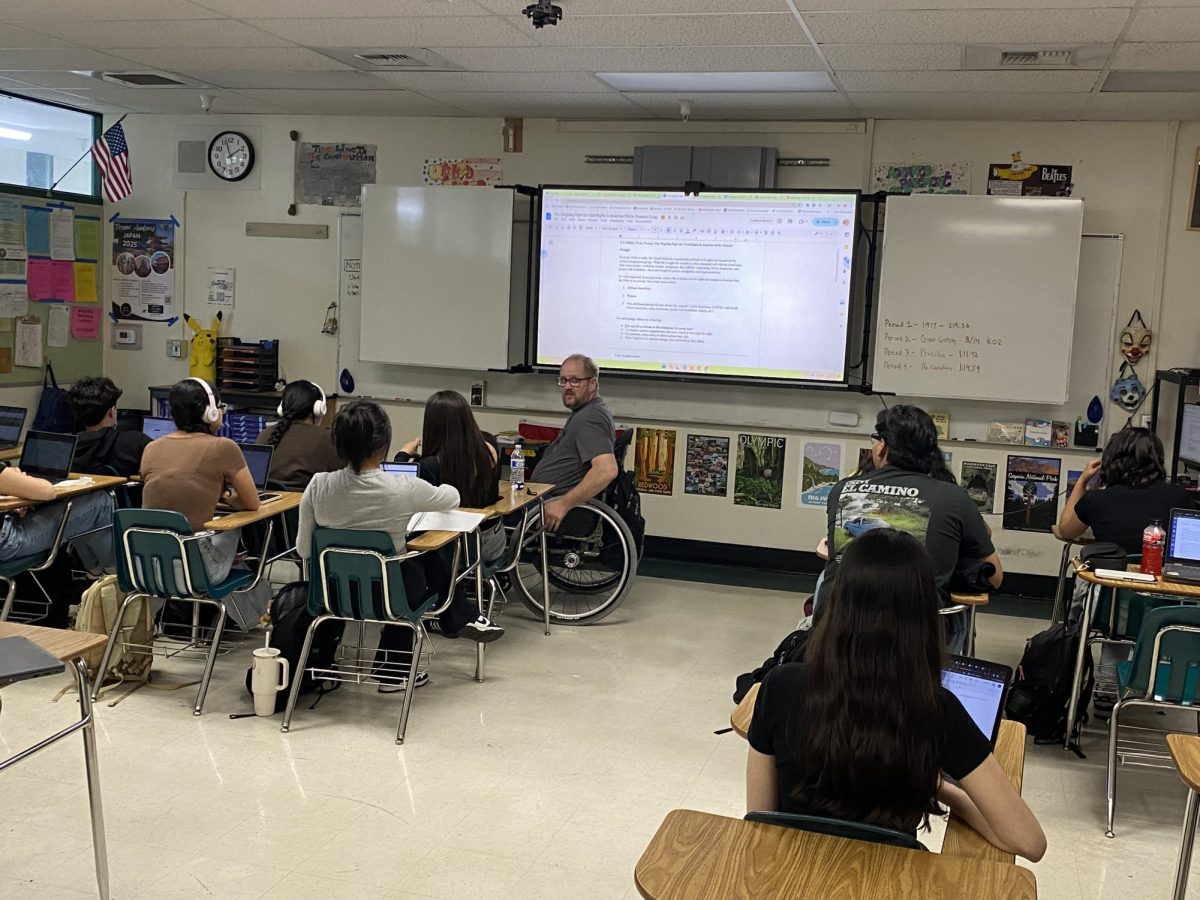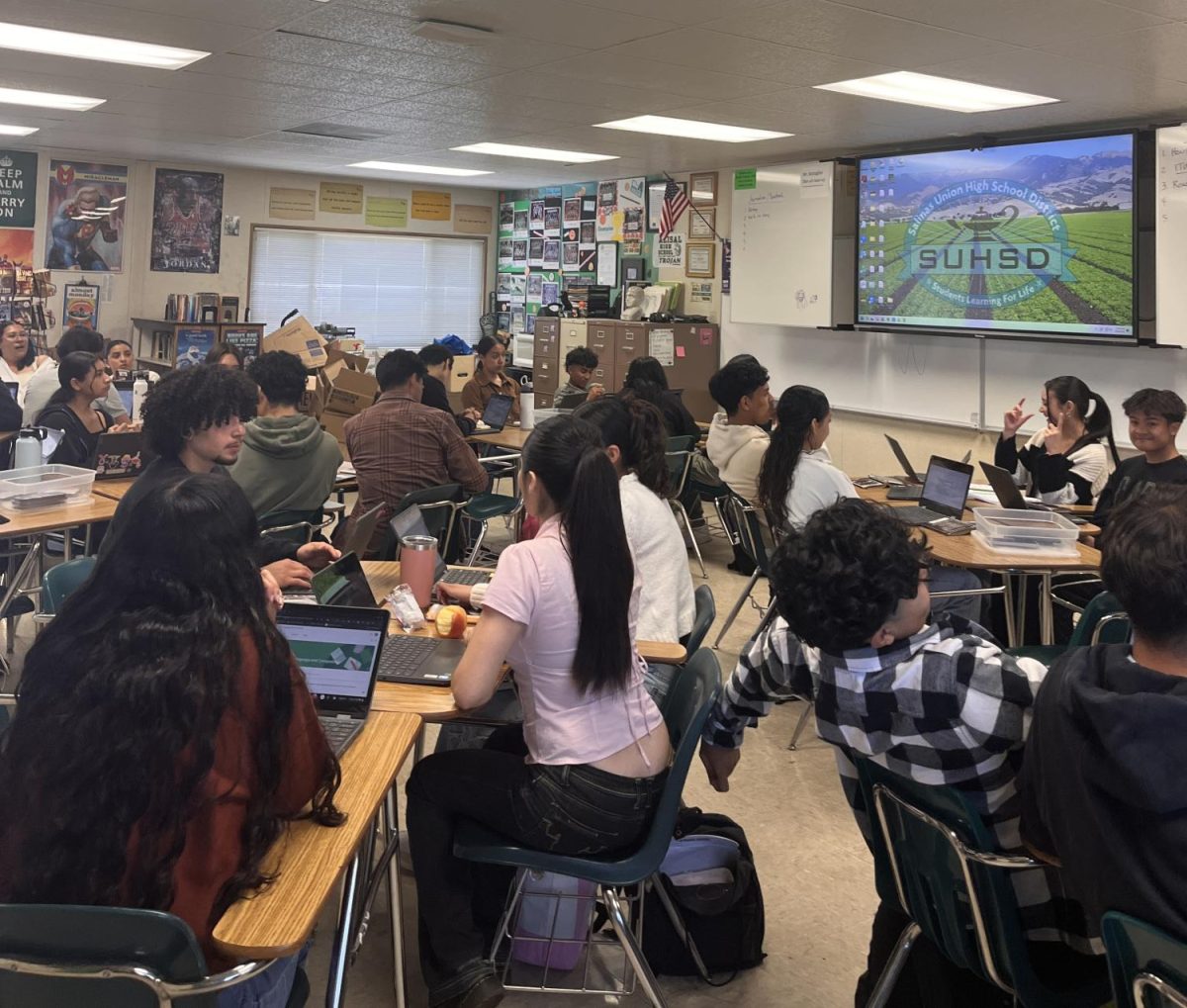As many people know, mental health has been an ongoing struggle for this generation of teenagers. But ever since the COVID-19 Pandemic, there has been a rapid decline in student’s mental health.
Many teenagers’ lives changed from one day to the next and many may have had a hard time adjusting to the new changes because it was very easy to get lost in social media or behind a screen, searching for acceptance and trying to meet expectations.
Alisal, as well as many other schools in the district, has a Wellness Center. This building is full of trained social workers who are there to help students who are in need of help, whether those problems be mental, physical, or even if they are just feeling like they can no longer keep their emotions in while at school.
In an informal survey of 192 students, 53.1% said they struggle with their mental health and 33.3% said it has gotten worse since COVID-19. Student Valeria Licea said, “I think the Wellness Center provides an unbiased and safe space for students who don’t have anyone to rely on or run to when struggling.”
84% of students believe that the wellness center is very useful and a great factor in helping students who need support with their mental health during school. Junior Kevin Cerrato said, “I’m confident there are many people with plenty of experience that can help people overcome their problems and see them through to the end. It’s open a lot as well meaning there are always services available to those in need.”
However, there are some students who think that the Wellness Center is not a useful place for students to go when they are feeling overwhelmed with their emotions. Student Dessired Tolentino said, “There is not that bond or connection with the people in the wellness center. It is nothing personal but it is more like there should be a bond that is established or them even presenting themselves so that people can feel comfortable.”
The Wellness Center’s social worker Lorena Sanchez said, “We usually do presentations on the Wellness Center and behavior expectations to all grade levels at the beginning of every school year. We do this to introduce ourselves so students feel comfortable enough to talk to us.” Sanchez also said, “We encourage students to come by and ask for help if they need any support, we are always more than happy to assist in any way we can.” However, she recognizes that while some students connect with the staff, others may not.
Students also have other options if they are in need of help. They can go to Restorative Justice in B21A, which is across from the Wellness Center, and they can also visit the counseling office, which works very closely with the Wellness Center, so if a student feels more comfortable speaking with their counselors they can.
School social worker Lorena Sanchez says “On average, I get about 6-8 students that come in for support throughout the day, it is hard to measure how long the support is offered due to every student coming for different needs.”
One program the Wellness Center offers to help students with their critical incident stress thinking is Critical Incident Stress Management (CISM) program.
They have a team of 10-12 who are professionally trained in crisis mode to support students, staff, and the community. According to Sanchez, CISM helps students with pre-incident training and includes training and education aimed at preparing individuals and organizations for potential critical incidents. It covers stress management techniques, resilience building, and awareness of the psychological impact of trauma. There are a few different categories within CISM, such as on-scene support, crisis intervention, defusing, debriefing, and follow-up services.
There are also two similar workshops to CISM that are also offered at the Wellness Center, these workshops are called Girasol and Javen Noble. Girasol is for female/female-identified students and Javen Noble is a workshop that male/male-identified students can take. These are two workshops that have a 12-week course that teaches different lessons on coping skills and character development.
Another way that Alisal helps support their students who are going through a tough time is by having PBIS lessons and model presentations in classrooms to show students coping mechanisms/skills and to learn more about the Wellness Center.
On May 1, 2024, the Wellness Center hosted a Wellness Fair on our campus to give students an opportunity to practice healthy coping skills. Some of the things that were offered were pet therapy. There were horses students were able to ride, and a pony that students were able to pet.
There were a few community agencies that were also present and students were able to become aware of what was available to them in their community. Senior Valeria Munoz who attended the wellness fair said, “It was a fun and helpful experience and I liked doing the bingo card and entering the raffle.”

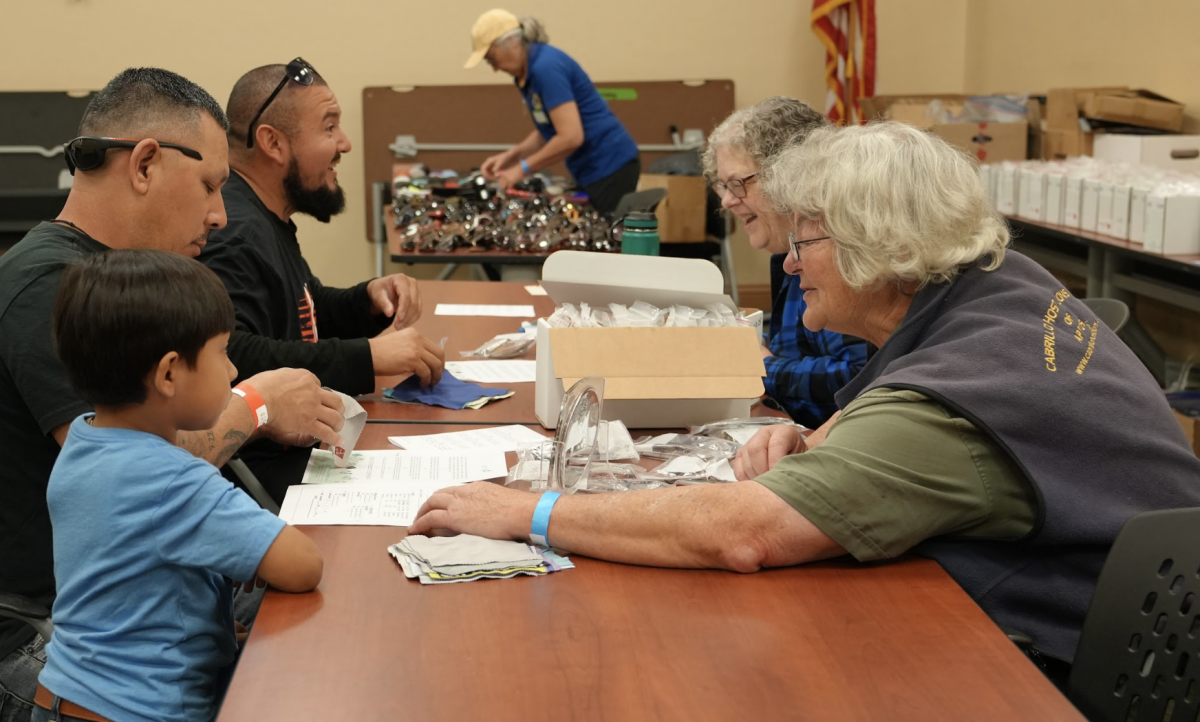
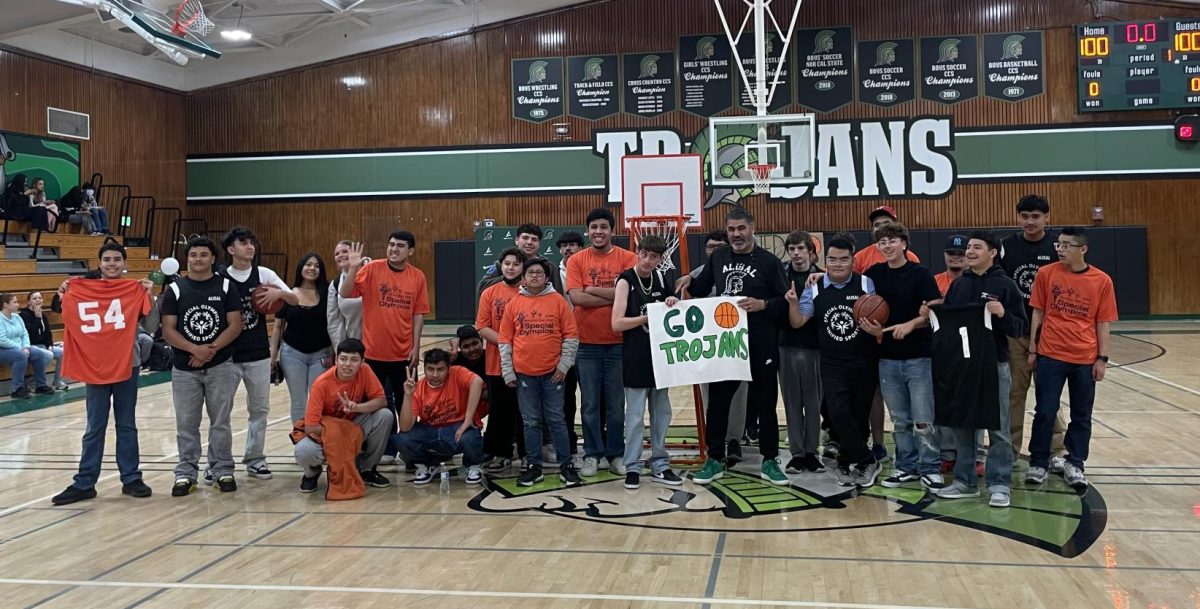
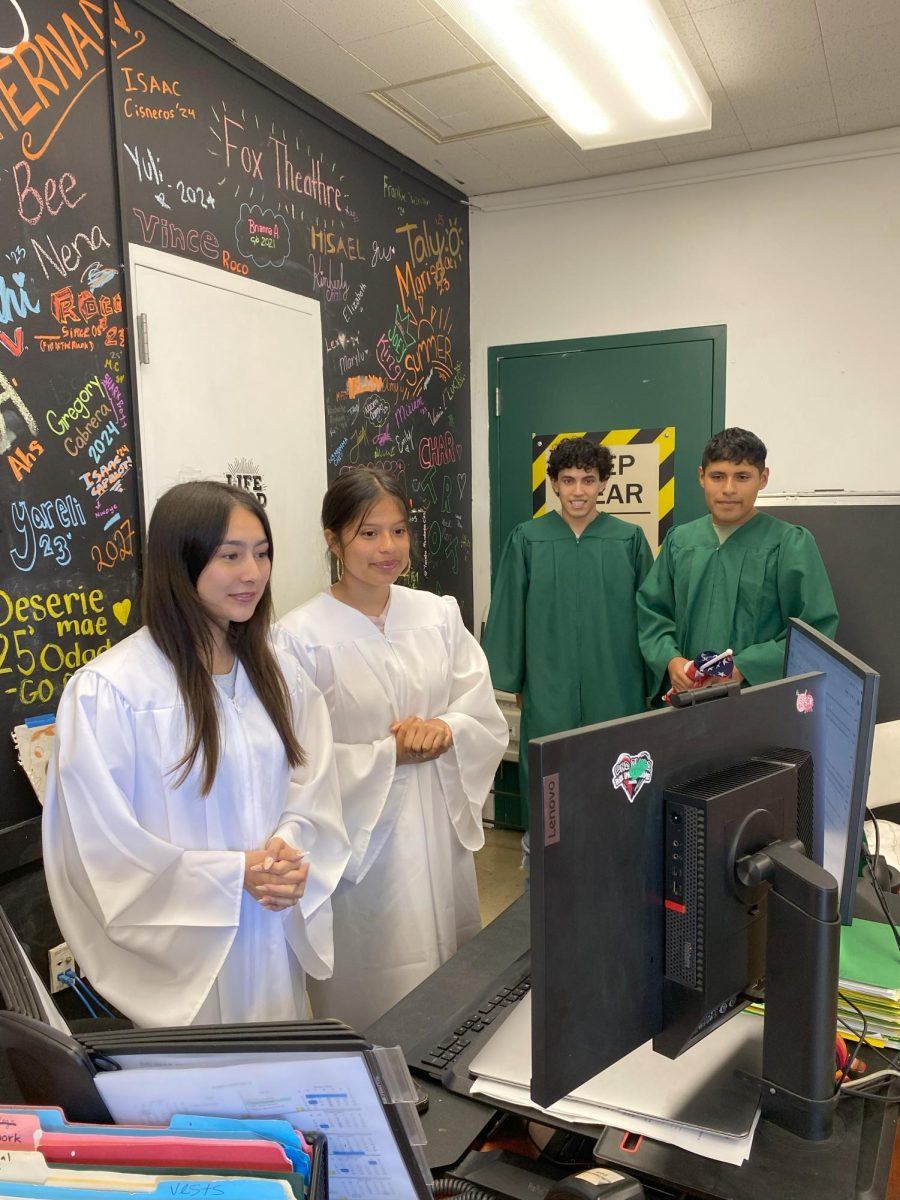

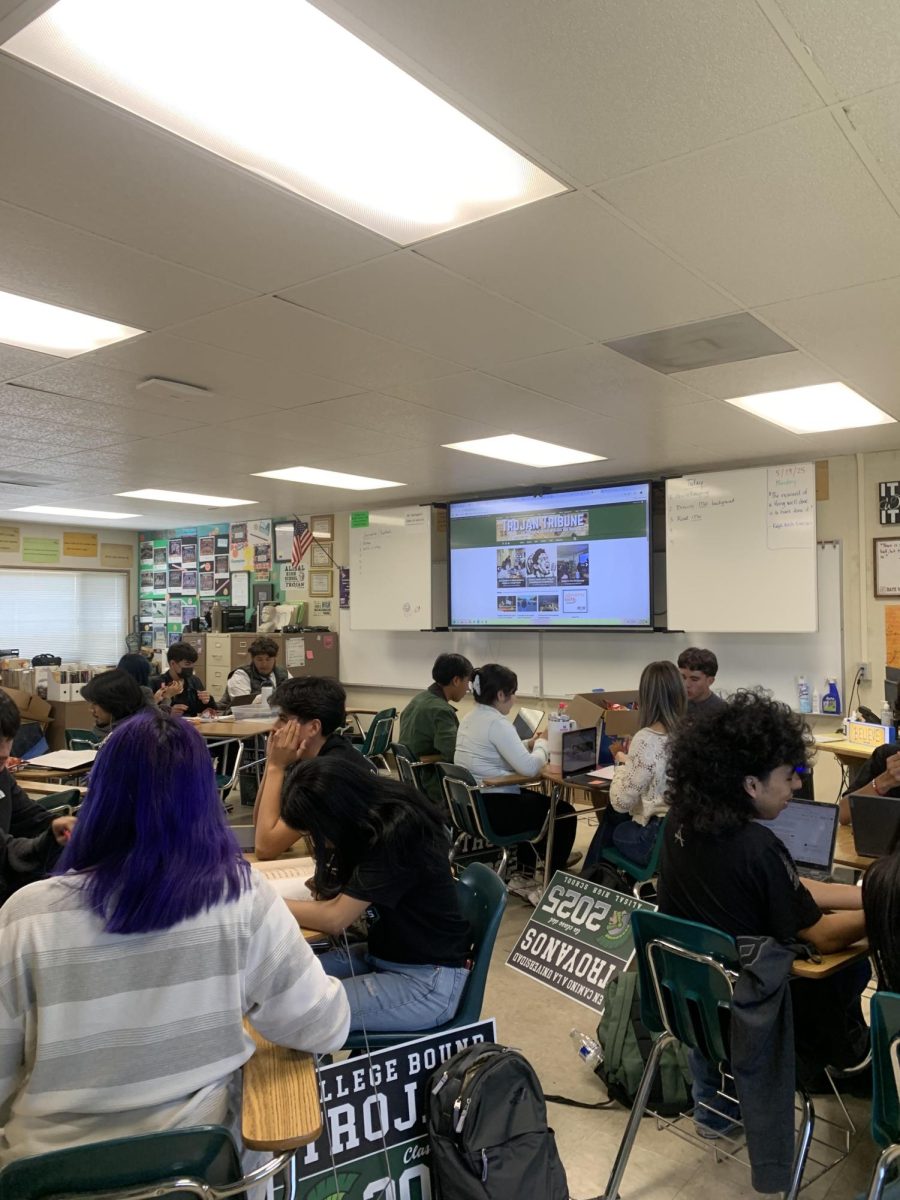
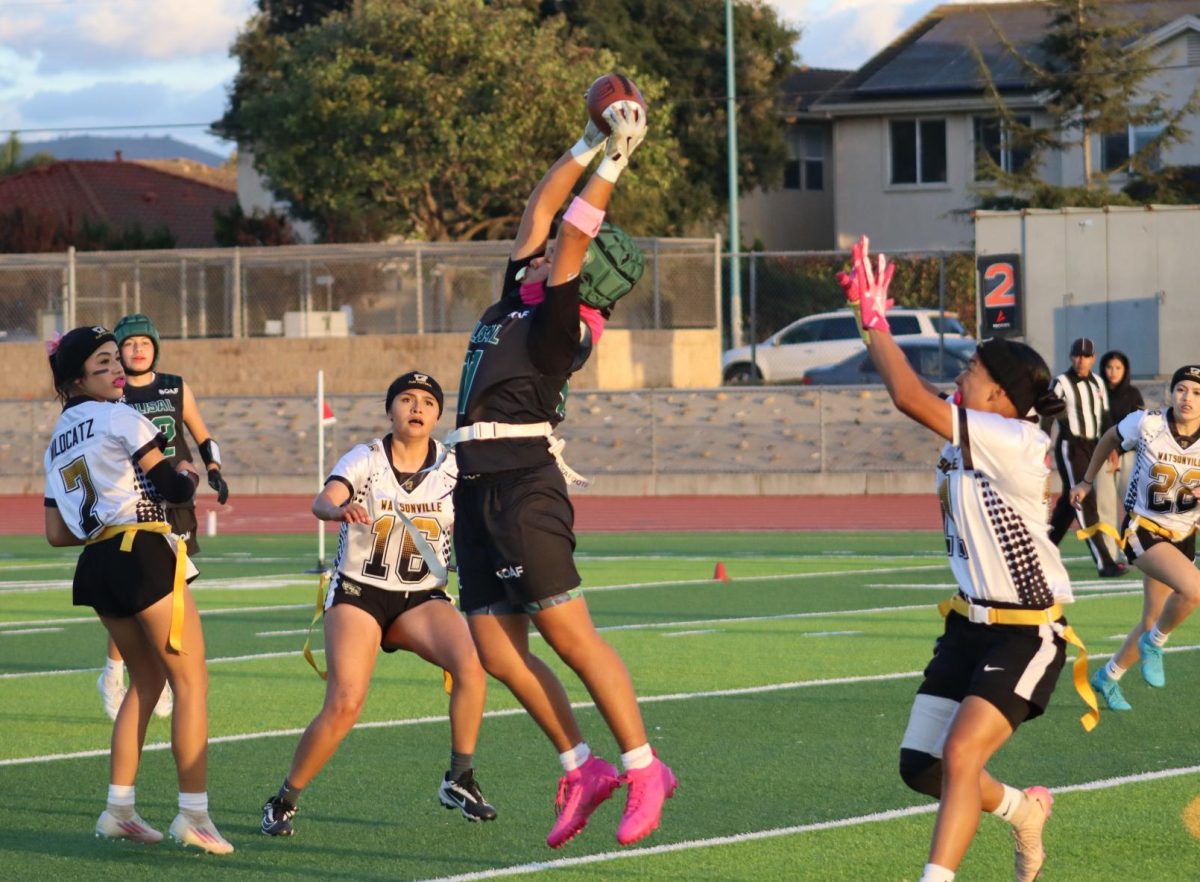
![Senior Jayden Duarte dives across the goal line for one of his five touchdowns in a dominant 62-40 victory over Monterey. It has been a highly successful season for Duarte, and he credits his coaches for putting him in positions to succeed and make key plays. “The goal is to help wherever the coaches need me, receiver, running back, [and] DB,” he said.](https://alisaltrojantribune.com/wp-content/uploads/2025/10/IMG_3599-2-1200x800.jpg)

